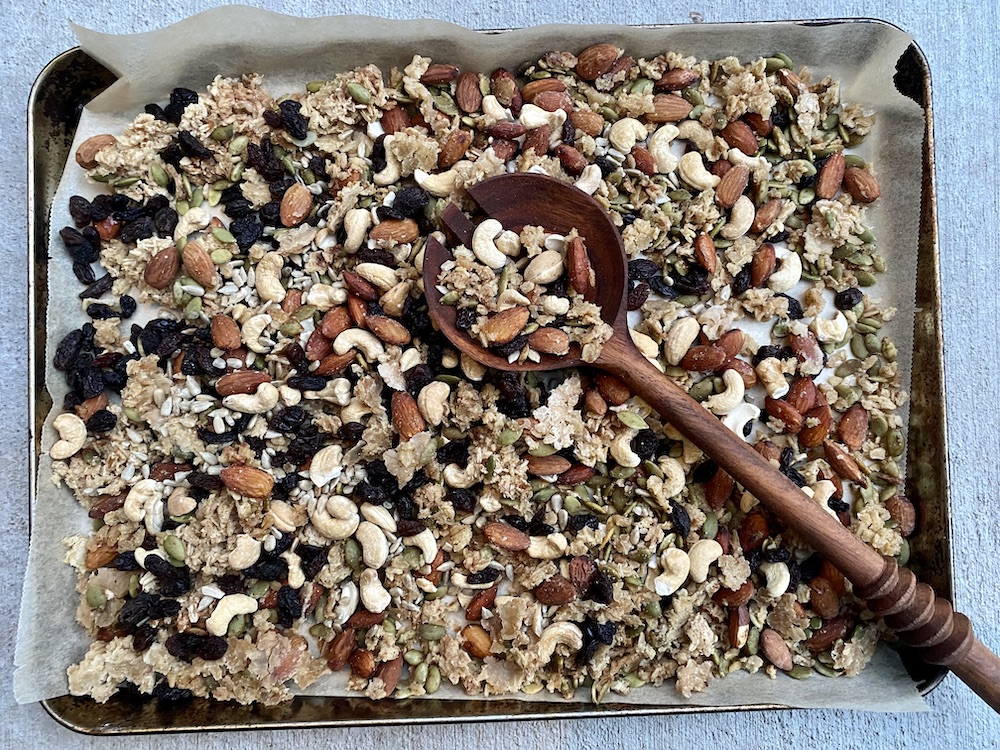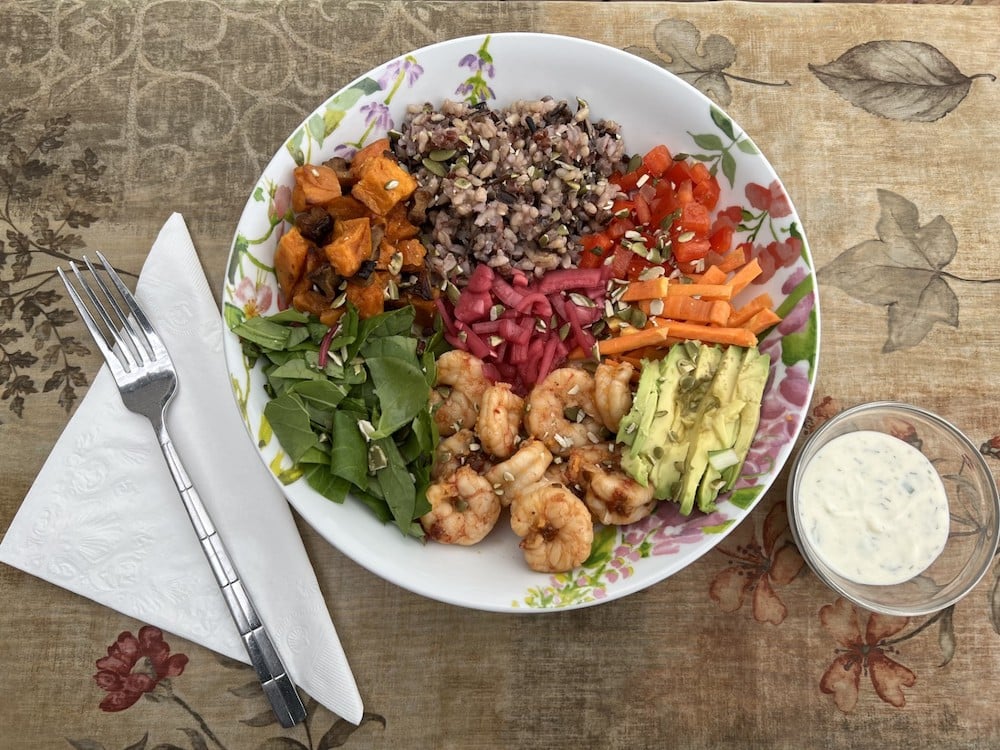
Share this post!
My last blog touched on Prostate Health and steps men can take to improve the health of their prostate. In today’s blog, we’re going to discuss the significant changes we’ve seen over the past few years in men’s fertility. In years past, the focus of fertility was typically spent on women and their reproductive health. Sadly, tides have turned, and male infertility is a significant challenge for men in Western countries now.
Sobering Statistics
There has been increasing evidence on the global decline in sperm quality over the past few decades. I found a comprehensive study involving nearly 43,000 men with samples spanning over 40 years. They reported a significant decline of 50–60% in sperm counts among men from North America, Europe, Australia and New Zealand. These findings cause even more concern because of the reasons behind the decline in the sperm count of Western men. Can you wrap your head around that???? Over 40 years and sperm count has declined by over 50% in some countries, including the USA!!!!!
Factors Associated With Male Infertility
The following factors are associated with male infertility and include:
- Endocrine disruptors
- Please see previous blog on Prostate Health for better understanding
- Obesity
- Stress
- Poor sleep habits
- Blue light from phones/tablets near bedtime are the culprit
- Environment
- Occupation
- Lifestyle
- Nutrition
When I started seeing the changes in male fertility rates a few years ago, I was quite alarmed. However, when I started looking at the research, I became optimistic. I know it might be hard to be optimistic, when sperm counts have decreased by 50-60% in USA….but the reasons are all controllable. Every. Single. One.
Nutrition Therapy, As Part of the Answer
Since nutrition therapy is my love and passion, I’m going to focus on that specific component. However, if you, or a loved one, is struggling with infertility, please take the time to research the other factors, too. Simple tweaks can pay big dividends.
The role of nutrition plays such an important part in sperm and semen quality. I found an interesting research article that concluded that a healthy, balanced diet could improve sperm and semen quality. The research highlighted the Mediterranean diet, which is rich in omega-3 fatty acids, antioxidants, and vitamins. Therefore, following an eating plan similar to the Mediterranean diet may aid in improving sperm and semen quality.
Another study I came across defined a typical ‘Western’ diet as one that was high in red and processed meat, refined grains, and high-energy drinks. This study said a more ‘Prudent’ diet comprised mainly of chicken, fish, fruits, vegetables, and whole grains. The healthier ‘Prudent’ diet was positively associated with improved sperm motility. In fact, a healthy diet, similar to the Mediterranean diet, was reported to improve measures of semen quality. This study showed that substituting processed red meats with fish may have a positive impact on sperm count, motility (swimming ability) and morphology (proper shape and size).
Vegetables and fruits, fish and poultry, and properly prepared grains were among the foods positively associated with sperm quality. However, diets consisting of processed meat, dairy products, alcohol and sugar-sweetened beverages were associated with poor semen quality and lower fecundity rates. (Fancy word for fertility. 😊)
There is a wide variety of foods that are quite helpful in improving sperm and testosterone health. And, these foods are very easy to come by, making it easy to add to your diet.
Foods to Add
- Oysters and/or pumpkin seeds
- Both are very high in zinc, which may increase testosterone, sperm motility and sperm count
- Oranges, tomatoes, broccoli, brussels sprouts and cabbage
- High in vitamin C, and studies have shown it improves sperm motility, count and morphology
- Dark, leafy vegetables
- The folate (a B vitamin) in spinach, romaine lettuce, brussels sprouts, and asparagus can help produce strong, healthy sperm
- Dark chocolate
- Contains arginine, an amino acid that can improve sperm count and quality
- Salmon, sardines, mackerel, tuna, herring
- The omega-3 fatty acids in fish and seafood helps improve quality and quantity of sperm
- Pomegranate juice
- The antioxidants may improve testosterone levels
- Brazil nuts
- Selenium can help increase sperm count, sperm shape and sperm motility
Recipe For Renewed Fertility
Regardless what time of the year it is, it should be pretty easy to create a salad that has most of these ingredients. Heck, you could even make a batch of Mason Jar salads to grab every day and take to lunch.

Mason Jar Salad
INGREDIENTS:
- 1 can of wild caught tuna or packet of salmon
- ¼ cup shredded carrots
- ¼ cup shredded brussels sprouts
- ¼ cup cherry tomatoes, halved
- ½ half peeled orange, cut in chunks
- ½ cup fresh spinach greens and/or romaine lettuce
- 1 TBS pumpkin seeds
Layer, in order, with tuna or salmon on the bottom. Pumpkin seeds will be on top. Top with homemade Pomegranate Vinaigrette.
Pomegranate Vinaigrette
INGREDIENTS:
- ¾ cup pomegranate seeds
- ½ cup olive oil
- 1-2 TBS pure maple syrup
- 1 TBS lemon juice
- 1 TBS white balsamic vinegar
- 1 tsp dijon mustard
- pinch of sea salt
INSTRUCTIONS:
- Put all ingredients in blender.
- Blend on low speed and gradually increase to high.
- Continue blending on high for 30-60 seconds or until your dressing is smooth and all pomegranate seeds have been blended.
Bon Appetit
In Conclusion
If men are willing to eat healthy, nourishing foods, avoid endocrine disruptors (parabens, phthalates, etc), maintain a healthy weight, and exercise on a regular basis, these strategies will go a long, long way in improving fertility rates. And that’s great news. The ball is in your court.
If you find that you need a bit of guidance as you’re starting your health journey, please reach out to a Nutrition Therapist. They are well qualified to create strategies to suit your specific needs.
Related reading…
Love Your Fertility With These Preconception Nutrients
Understanding Prostate Health + Nutrition Tips
About the Author: Dr Becky Spacke is a course instructor at Nutrition Therapy Institute. Additionally, she has a private practice focused on minimizing the risk of developing Alzheimer’s Disease as a qualified ReCODE practitioner.
Learn more about our school by attending an informational webinar.
Images: AnnaHoychuk/Shutterstock.com; AleksandrKichigin/Canva.com
Share this post!


















